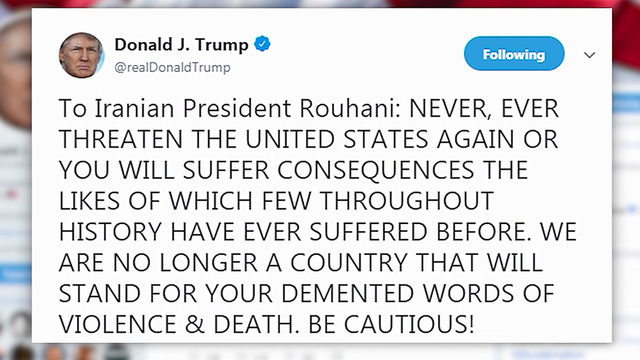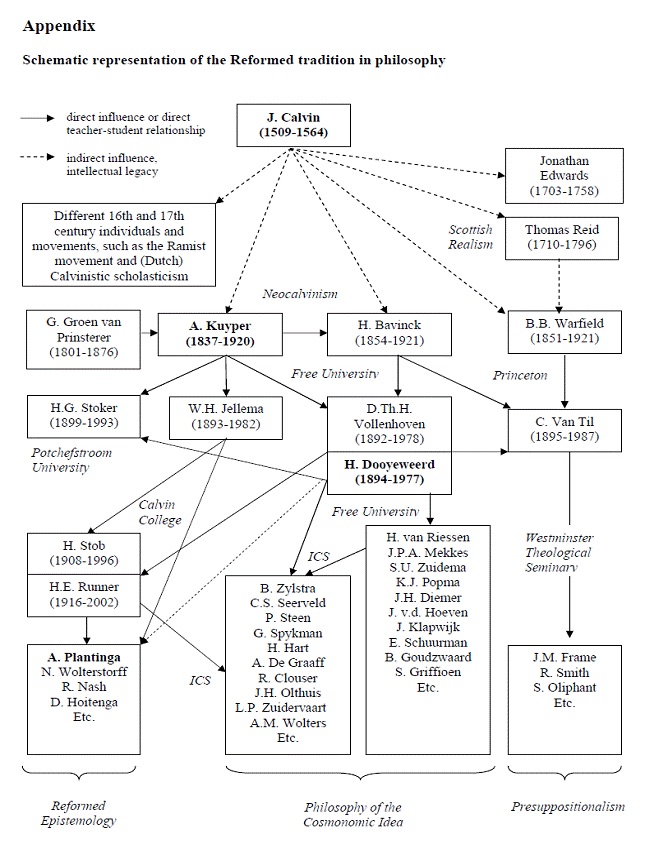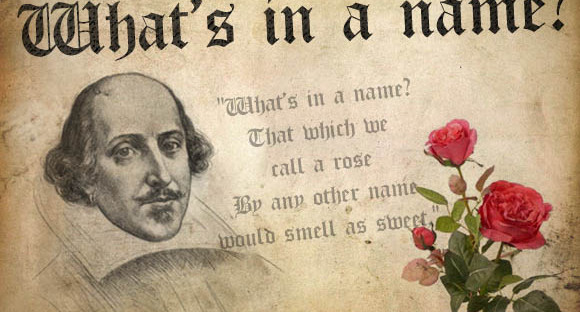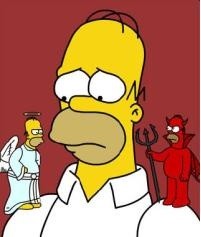
Sitting in Boots waiting for my prescription I started to think about time, not only the time it took them to fix my prescription, but also time in general. I thought, how wonderful it would be to exist within my own time and not be beholden to the actions of others and then something clicked. Time is a by-product of civilisation. A few weeks ago I wrote about two notions of time, Bergson’s consciousness and Einstein’s special relativity and how our lives are in frames and how this is only how time is experienced and not real time but the thought that I had took me beyond this to the notion that time is something which is only created, only exists, as a necessity brought about by interpersonal interactions.
What? Ok, our notion of time stems from our engagement with the world around us. Bergson would say that we are internally conscious of it and Einstein would say it can be measured externally by synchronised clocks but neither account for the genesis of what they are experiencing. If one did not have a clock, lived inside without windows and had an endless IV drip for sustenance then there would be nothing for which one could be conscious of time nor measure time. As we can quickly become accustomed to things, even biological changes would not mark the passage of time as they would always fall within the notion of ‘now’, a fixed permanent state of our self. This is me permanently. In such an existence time would be an irrelevance as one could not tell how long it has been since one last had sustenance, slept, washed and all of the other things we assume are regulated by our internal consciousness, but which are, actually, regulated by our observance of time from external sources such as clocks and people tutting outside of bathrooms.
Take this person in what Buzz Aldrin calls ‘perfect desolation’ (he was talking about standing on the moon) and put them in a room, identical, but with a second person in there. Suddenly things change, ‘can you be quiet, I am trying to sleep!’, ‘is it time to replenish?’ (colloquially known as ‘lunch time!’) and so forth. Suddenly one needs a way of creating a structure so that the two can live in simpatico and thus a structure is created which has all of the appearances of what one would call time, both internal and external. If this expands further then the structure needs to be unified and ‘synchronised’ (see what I did there?) and thus universal time is born not out of an inherent notion/truth but rather, as with most if not all things, out of necessity.
This does not answer the question ‘what is time?’ or even the more prosaic ‘what time is it?’ but, rather goes, for me, to show that time is not what we think it is, and, possibly, may not be anything at all and anything which we call time is merely a prop which is used to necessitate what we call interpersonal relationships and civilisation.
‘till next time (tee hee)



